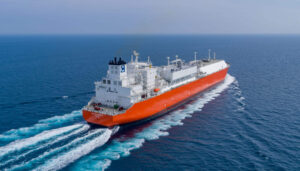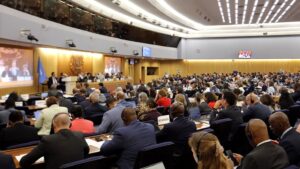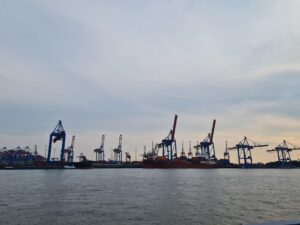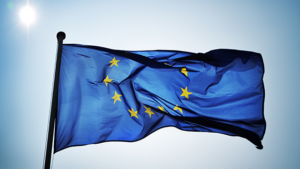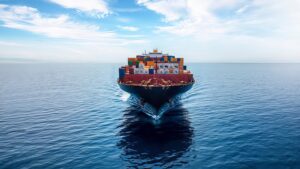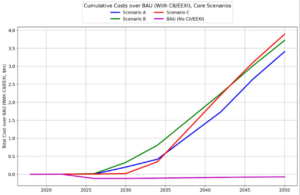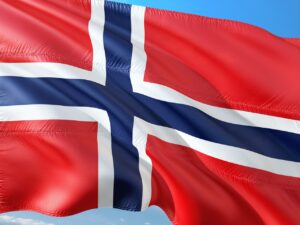ECSA: EU Trusts in IMO’s Ability to Regulate CO2 Emissions
The EU Council’s decision to entrust the IMO with the regulation of greenhouse gas emissions (GHG) from international shipping is a vote of confidence in the international organisation’s ability to deliver, said Patrick Verhoeven, ECSA Secretary General following the adoption of the EU Member States’ negotiating position at the UNFCCC in Paris (COP 21).
“The IMO has already delivered important results and is making great efforts, which should, in our opinion, be encouraged, not undermined. Its work guarantees both global coverage and a level playing field, without which, efforts to reduce GHG emissions from ships would be counterproductive. Amendments to MARPOL Annex VI and the adoption of the Energy Efficiency Design Index (EEDI) make international shipping the only industrial sector already covered by mandatory and binding global measures,” Verhoeven said.
According to ECSA, the EU has indeed made headway in contributing to the international process at IMO level following the adoption of the so-called MRV Regulation (Regulation (EU) 2015/757) on the monitoring, reporting and verification of CO2 emissions from maritime transport.
The Regulation, which enters into force in 2018, is intended to be the first step of a strategy geared towards a global IMO solution, by helping ascertain the real contribution of shipping to global CO2 emissions. From its side, the IMO is also making good progress towards the development of a global CO2 reporting system for individual ships, similar to the EU MRV Regulation.
ECSA believes that these regulatory developments should however not overshadow the efforts made by the industry itself. Because of the cost of fuel, which is by far a ship operator’s largest operational expenditure, the industry is also introducing a range of technical and operational measures to reduce CO2 emissions.
According to the latest IMO Green House Gas study, published in 2014, international shipping (while transporting about 90% of world trade) produces about 2.2% of the world’s total CO2 emissions. This figure was 2.8% in 2007, and the total CO2 emissions from shipping reduced by over 10% between 2007 and 2012. This was despite continuing growth in maritime trade which means that shipping is already delivering carbon neutral growth.
“When these efforts are combined with the mandatory IMO EEDI requirements, as well as new technology, shipowners are very confident that the world fleet will be considerably more efficient in the years to come,“ECSA said.
For that reason, ECSA said it fully supports the recent commitment made by the International Chamber of Shipping, representing the global shipping industry, to a 50%reduction in CO2 by 2050.
“Shipowners stand ready to engage in a constructive dialogue with the European institutions and the IMO and strongly believe that regulators and industry can successfully work together towards the goal of reducing CO2 emissions from ships,” concluded Verhoeven.

